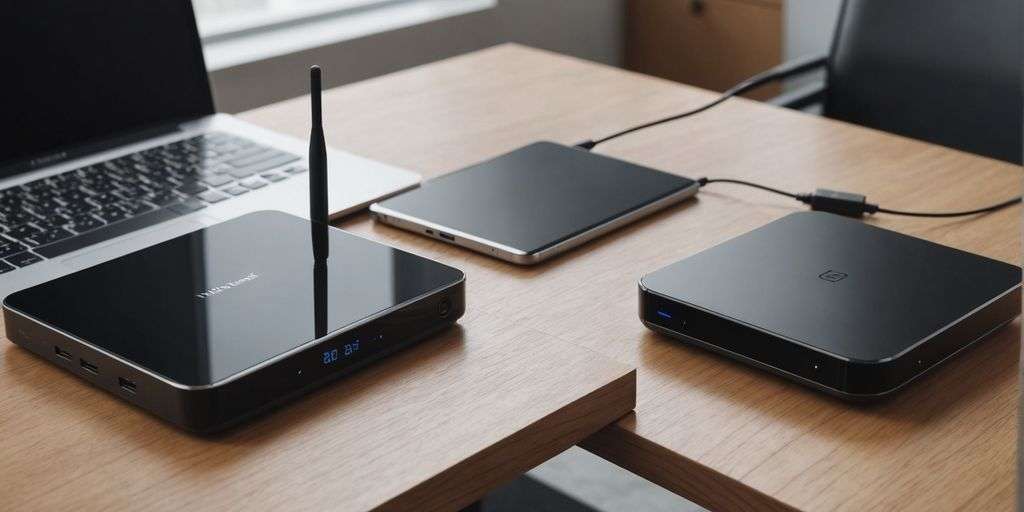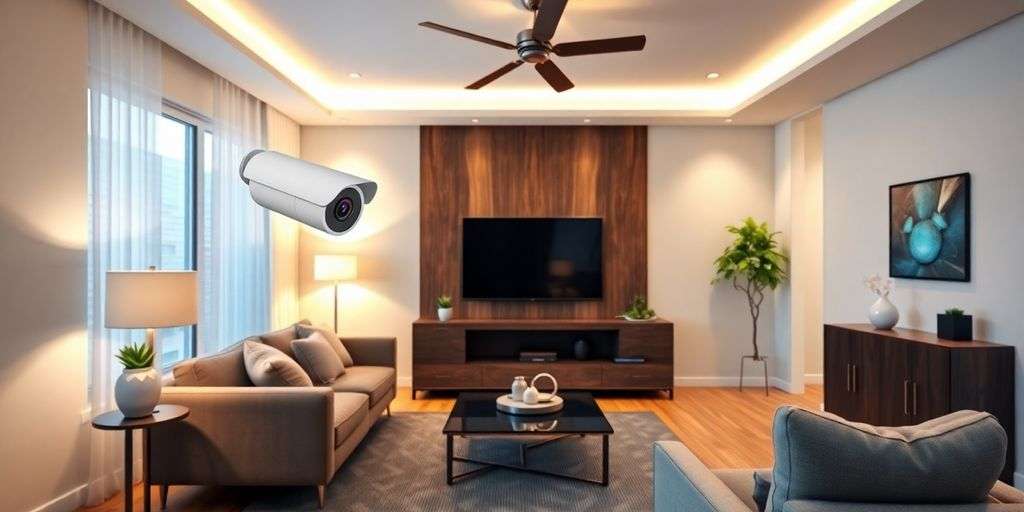The Reliability and Performance of Wired Systems

Wired systems have long been celebrated for their reliability and performance, making them a preferred choice for many users. Let’s explore the key aspects that contribute to their dependability.
Consistent Connection and Speed
One of the standout features of wired systems is their ability to provide a consistent and high-speed connection. Unlike wireless systems, which can suffer from interference, wired connections ensure stable data transmission. This is particularly beneficial for activities that require precise and lag-free input, such as gaming or graphic design.
Plug-and-Play Simplicity
Wired systems are known for their plug-and-play simplicity. Users can easily connect their devices without the need for complex setup procedures. This straightforward approach is ideal for those who prefer a hassle-free experience.
Power Supply and Battery Concerns
A significant advantage of wired systems is that they do not rely on batteries. This eliminates the worry of running out of power during critical tasks. Devices connected via wired systems draw power directly from the source, ensuring uninterrupted usage.
Cable Management and Port Availability
While wired systems offer numerous benefits, they do come with the challenge of cable management. Users need to ensure that cables are neatly organised to avoid clutter. Additionally, the availability of ports can be a limiting factor, especially for users with multiple devices.
Wired systems are a cost-effective and durable solution, offering long-term savings and minimal maintenance. They are suitable for both residential and commercial use, providing robust performance and reliability.
The Freedom and Flexibility of Wireless Systems
Wireless systems offer a level of freedom and flexibility that wired systems simply cannot match. They allow users to move around without being tethered to a specific location, making them ideal for modern, dynamic environments.
Mobility and Convenience
One of the most significant advantages of wireless systems is their mobility. Users can connect to the network from virtually anywhere within the signal range. This is particularly beneficial for mobile devices like smartphones, tablets, and laptops. The convenience of not being tied down by cables cannot be overstated, especially in a home or office setting.
Creating a Clutter-Free Workspace
Wireless systems help in creating a clutter-free workspace. Without the need for physical cables, desks and work areas can remain clean and organised. This not only improves the aesthetic appeal but also makes it easier to manage and rearrange the workspace as needed.
Compatibility Across Devices
Wireless systems are generally compatible with a wide range of devices. From smartphones and tablets to laptops and smart home devices, wireless technology ensures that all your gadgets can connect seamlessly. This broad compatibility makes it easier to integrate new devices into your existing setup.
Potential Drawbacks: Interference and Battery Life
While wireless systems offer many benefits, they are not without their drawbacks. One of the main issues is signal interference, which can affect the performance and reliability of the connection. Additionally, wireless devices rely on batteries, which means you need to keep an eye on battery life to avoid interruptions. Despite these challenges, the advantages often outweigh the disadvantages for many users.
Choosing the Right System for Your Needs
Assessing Your Usage Scenarios
When deciding between wired and wireless systems, start by evaluating your specific needs. Consider where and how you will use the system. For instance, if you need a stable connection for gaming or streaming, a wired system might be more suitable. On the other hand, if you value mobility and ease of setup, a wireless system could be the better choice.
Balancing Convenience and Performance
Finding the right balance between convenience and performance is crucial. Wired systems often offer superior performance and reliability, but they can be cumbersome due to cables. Wireless systems provide greater flexibility and a cleaner setup, but they may suffer from interference and signal issues. Weigh these factors based on your priorities.
Cost Considerations
Cost is another important factor. Wired systems can be less expensive initially but may require additional investments in cabling and installation. Wireless systems might have a higher upfront cost but can save you money on installation and maintenance. Create a budget and compare the total costs over time for both options.
Future-Proofing Your Setup
Think about the future. Technology is always evolving, so choose a system that can adapt to new advancements. Wired systems might offer more stability for future upgrades, while wireless systems can be easier to expand and integrate with new devices. Consider your long-term needs and how each system can meet them.
Making an informed decision now can save you time and money in the long run. Assess your needs, weigh the pros and cons, and choose the system that best aligns with your lifestyle and future plans.
Conclusion
In the end, the choice between wired and wireless systems boils down to what suits your needs best. Wired systems offer unmatched reliability and performance, making them ideal for tasks that demand precision and stability. On the other hand, wireless systems provide the freedom to move around and a cleaner, clutter-free workspace. Each has its own set of pros and cons, and the best choice depends on your personal preferences and specific requirements. Whether you value the steadfast connection of wired devices or the flexibility of wireless ones, understanding these differences will help you make an informed decision. So, weigh your options carefully and choose the system that best fits your lifestyle and needs.
Frequently Asked Questions
What are the main advantages of wired systems?
Wired systems are known for their reliable and consistent connection. They offer steady speed and performance without the risk of signal interference. Additionally, they are typically plug-and-play, requiring no additional setup or pairing. Wired systems also don’t rely on batteries, so there’s no need to worry about power running out during important tasks.
What are the benefits of using wireless systems?
Wireless systems provide the freedom to move around without being tethered by cables. They help create a clean and clutter-free workspace and offer compatibility across various devices like laptops, tablets, and smartphones. However, it’s important to be aware of potential issues such as signal interference and the need to manage battery life.
How do I choose between wired and wireless systems?
Choosing between wired and wireless systems depends on your specific needs. Consider factors like the importance of mobility, the reliability of the connection, and how much you value a clutter-free workspace. Also, think about your budget and whether you need a setup that is future-proof. Balancing convenience and performance will help you make the best decision for your situation.





